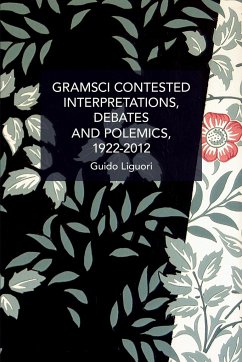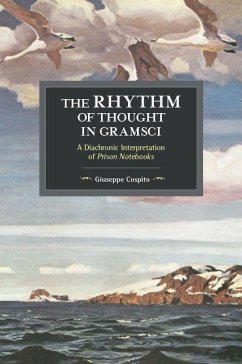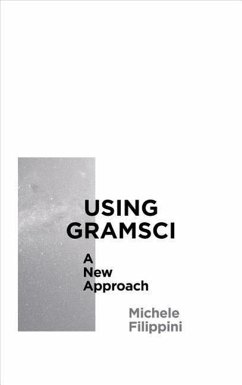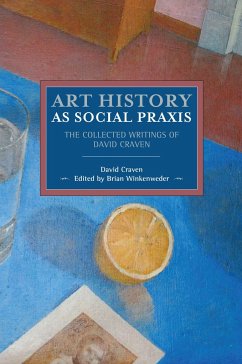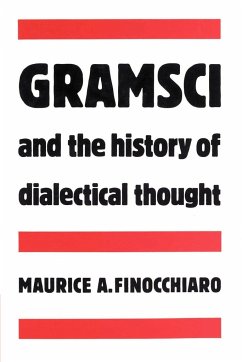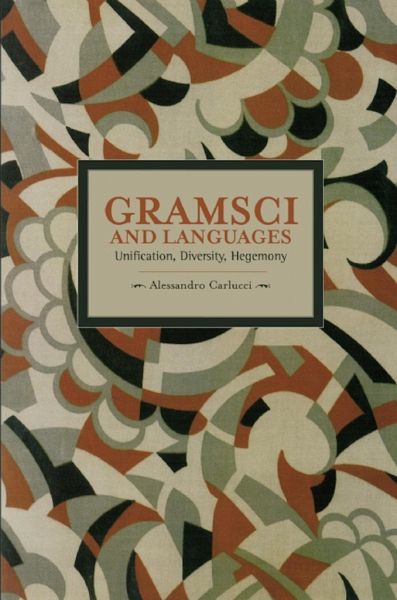
Versandkostenfrei!
Versandfertig in über 4 Wochen

PAYBACK Punkte
15 °P sammeln!




A ground breaking study that shows Gramsci's originality can be traced to his lifelong interest in language and linguistics.
Alessandro Carlucci (PhD) is Lector in Italian at the University of Oxford. He has published widely on Gramsci, and is the editor of New Approaches to Gramsci: Language, Philosophy and Politics, special issue of the Journal of Romance Studies (2012).
Produktdetails
- Verlag: Haymarket Books
- Seitenzahl: 256
- Erscheinungstermin: 10. März 2015
- Englisch
- Abmessung: 226mm x 152mm x 15mm
- Gewicht: 386g
- ISBN-13: 9781608464135
- ISBN-10: 160846413X
- Artikelnr.: 40453928
Herstellerkennzeichnung
Libri GmbH
Europaallee 1
36244 Bad Hersfeld
gpsr@libri.de
Für dieses Produkt wurde noch keine Bewertung abgegeben. Wir würden uns sehr freuen, wenn du die erste Bewertung schreibst!
Eine Bewertung schreiben
Eine Bewertung schreiben
Andere Kunden interessierten sich für


